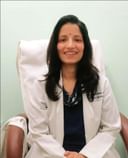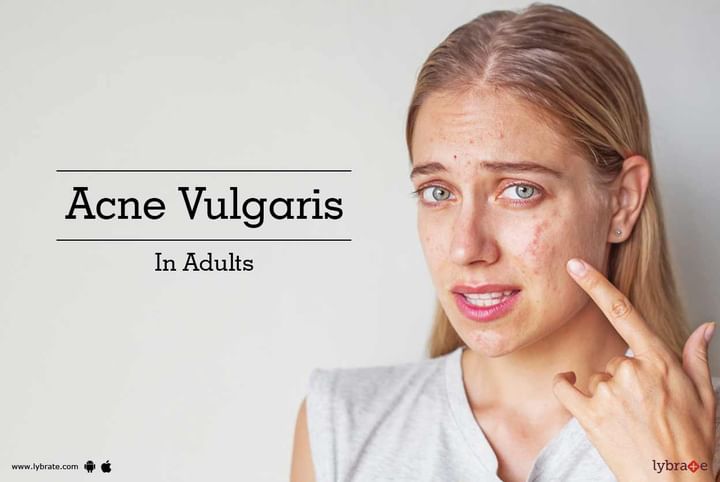Acne Vulgaris In Adults
Acne vulgaris is a skin disease that causes pimples. It begins in the skin’s oil glands.
Oil travels onto the surface of the skin via a canal called the hair follicle. Pimples pop up when the hair, oil and cells in the follicle form a plug, which clogs the pore. This allows for the bacteria that normally live on the skin to grow and multiply in the clogged pore and when your body’s defense system attacks these bacteria, the area gets inflamed resulting in an unsightly pimple.
Most pimples are found on the face, neck, back, chest, and shoulders and just about anyone can get these zits. No one knows exactly what causes acne in adults. Contrary to what you may have heard, pimples are not caused by dirty skin, but dirt may aggravate acne and so does stress.
Types of acne
Acne can be two types:
- White heads - If the clogged follicle stays beneath the skin and you get a whitish zit, it’s called a white head.
- Black heads - If the plugged follicle reaches the skin surface, you get a blackish bump called a black head. The blackness is because the sebum or oil darkens on the skin’s surface due to exposure to air.
Who is susceptible?
- Anyone can get pimples, but people who are undergoing hormonal changes like adolescents and pregnant women are more susceptible. An increase in levels of certain hormones during puberty can cause the skin oil cells to enlarge and make more oil.
- Adult women become predisposed when they stop taking the contraceptive pill or begin taking it, as this causes a hormonal see-saw too.
- Studies suggest that you can also inherit a tendency to have acne. So genes play a role.
- Certain drugs can cause acne.
- Oily cosmetics can clog pores, leading to acne.
Prevention of Acne
There is no sure way to prevent acne, but try these measures to prevent severe breakouts –
- Wash your face often if you have oily skin.
- Try oil-free cosmetics. Choose products labeled ‘noncomedogenic’, which do not promote the formation of closed pores.
- Always wash after exercising because sweat can clog your skin pores and make your existing acne worse.
- Remember to wash your face and other areas prone to acne as soon as possible, especially after cooking hot, greasy food.
- If you use stuff like hair sprays or styling gels, make sure that you keep them away from your face as much as possible as these products contain oils that can make acne worse. Always try to use water-based products if you are prone to acne.
- If you get acne on your chest or back, avoid wearing tight clothes as these can rub against the acne and cause irritation.
- Never try to pop or squeeze a zit as this can push infected skin and pus deeper into your skin, which can lead to more swelling and redness.
- Wash hair often if you have an oily or dandruff-prone scalp.
Treatment of acne
- It usually takes time to find a product that works for your skin. Over-the-counter (OTC) products come in different strengths. The ingredient that works for most people is benzoyl peroxide. Another ingredient, salicylic acid, is also very effective as it helps to dry up pimples.
- It's best to seek a dermatologist's advice if you find OTC products aren't working for you. He or she will prescribe special gels, creams or pills to fight stubborn acne.



+1.svg)
